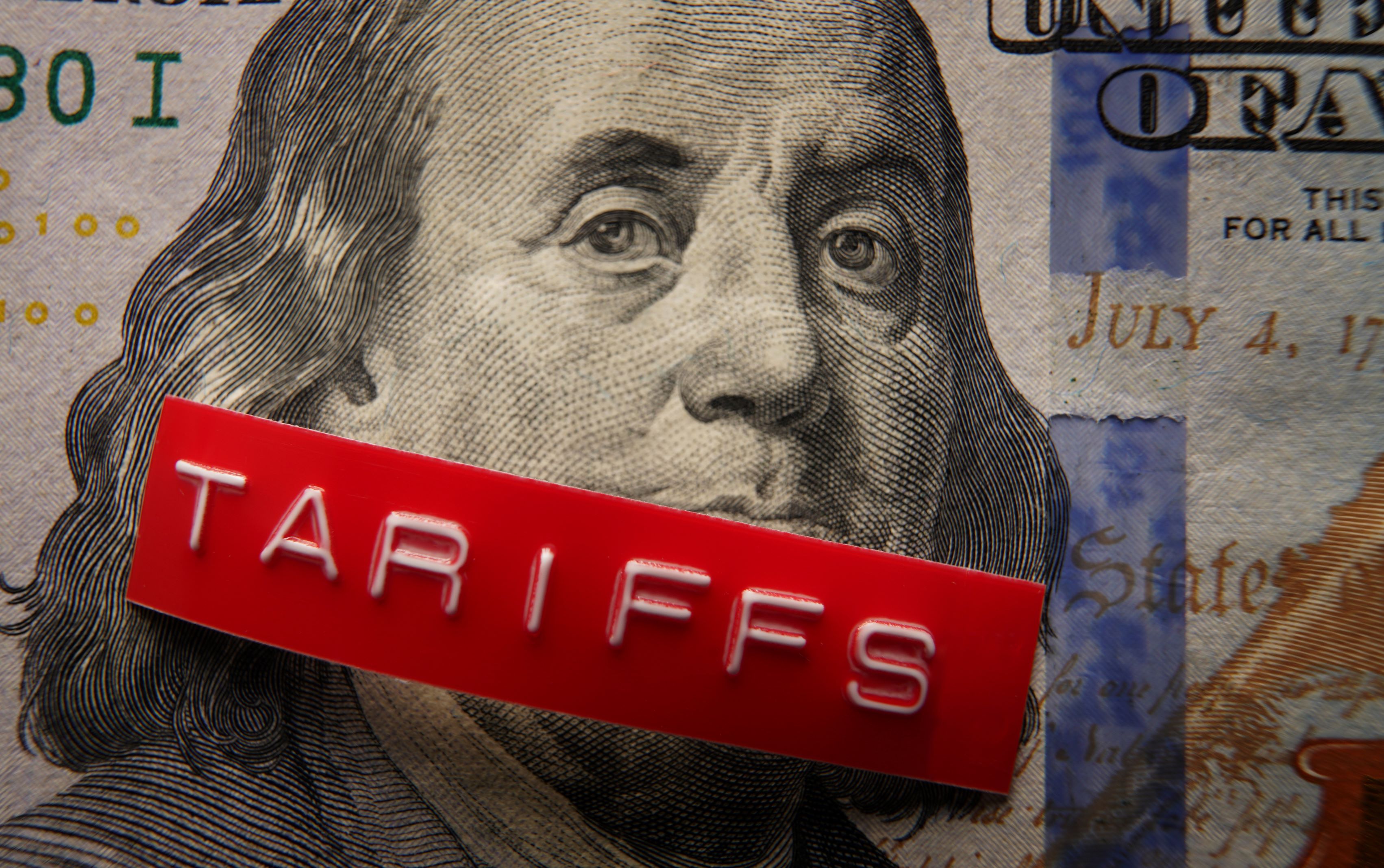
The US and China are once again in talks over tariffs today (29 July), as delegations from both nations meet in Stockholm.
US treasury secretary, Scott Bessent, met with his Chinese counterpart yesterday (28 July), with discussions set to continue today on extending the current tariff truce between the countries by three months – as well as other longer-standing issues.
President Donald Trump said in remarks to reporters in the UK yesterday that he would “love to see China open up their country” more to US trade.
US trade representative, Jamieson Greer, who is also in attendance at the talks, said to CNBC that he was not expecting “some kind of enormous breakthrough today", suggesting that focus remains on ensuring continuity in the supply of critical minerals:
"What I expect is continued monitoring and checking in on the implementation of our agreement thus far, making sure that key critical minerals are flowing between the parties and setting the groundwork for enhanced trade and balanced trade going forward.”
EU will pay
The reaction to yesterday's announcement of the US-EU tariff deal has continued, with German chancellor Friedrich Merz saying that his country’s economy “will suffer considerable damage” as a result of the 15% tariff settled on in the agreement.
He also added that he thought the damage “won’t be limited to Germany and Europe alone”.
“We will also see the consequences of this trade policy in America – not only will there be a higher inflation rate, but it will also affect transatlantic trade overall.”
He did, however, admit that the 15% rate is the “best result achievable in a given situation”, according to the FT. Wolfgang Niedermark, a board member at major German industry trade organisation BDI, also told the publication that the European Commission “simply did not have a good negotiating position”.
In future rounds of negotiation with the US, the EU needed to ensure it was “stronger”, Niedermark said.
This remark was echoed by former French prime minister and EU Brexit negotiator, Michel Barnier, who wrote on X that the deal was an “admission of weakness” that was not inevitable but a “result of poor choices”.
Korea choices
The next country in line for a tariff deal could be another of the US’ biggest trading partners: South Korea.
The country’s finance minister, Koo Yun-cheol, is to meet Bessent for discussions over a deal this week in Washington DC. These talks are likely to include South Korean proposals for closer cooperation on shipbuilding in particular, Reuters reports.
US commerce secretary, Howard Lutnick, suggested that the South Korean delegation that met him this week in Scotland “really, really want to get a deal done” ahead of a 1 August deadline, after which US tariffs on South Korean goods are set to hit 25%.



